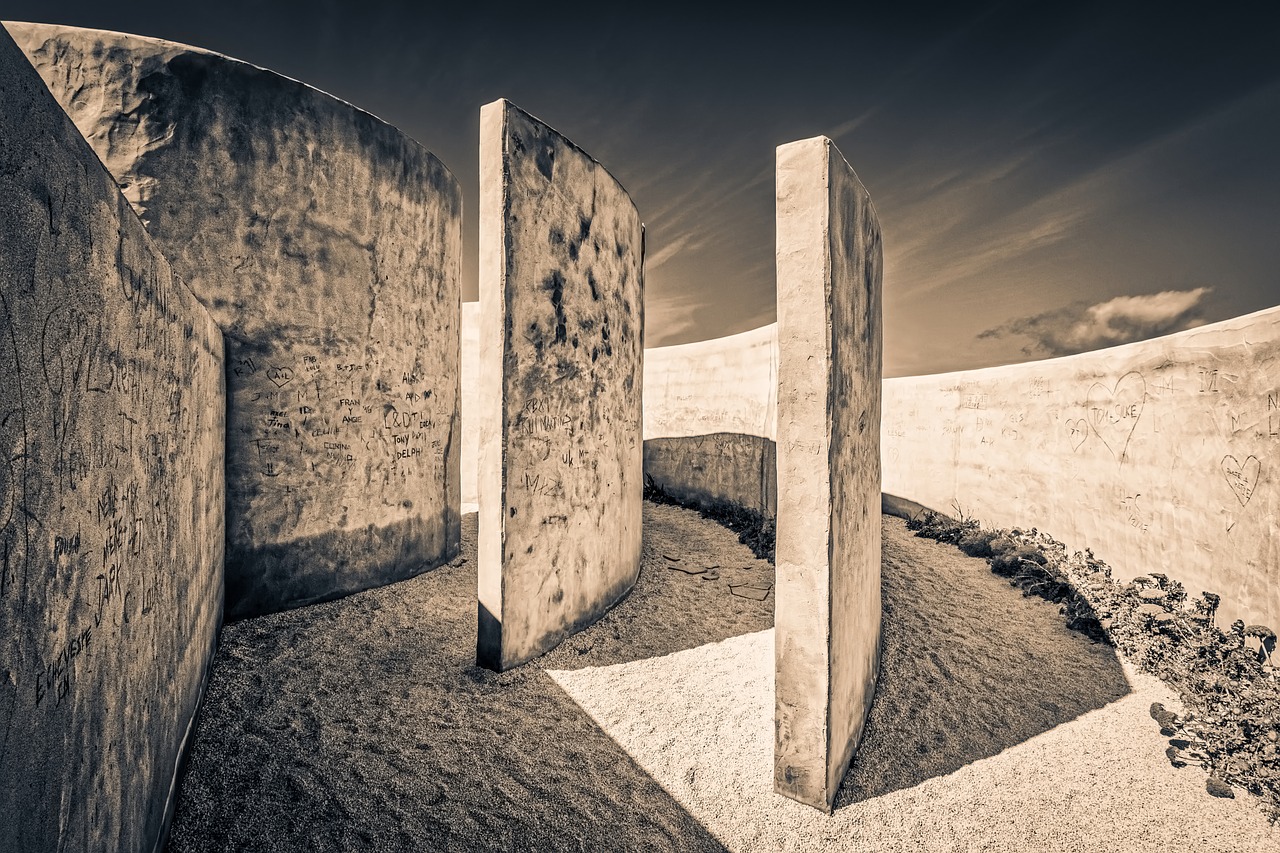The background to this series of letters is the teaching from the mystical tradition. We have already heard some of the wisdom from the Desert and now we will continue to look in subsequent letters at the teaching of the mystics throughout the centuries up to our time.
But what is mysticism and what is the relevance of the mystics to us in our time? Mysticism is a modern word. The early Christians did not use this term but spoke only of certain experiences as being mystical.
Bernard McGinn, a perceptive and knowledgeable writer who has engaged with this topic in his series of books on the history of Western Mysticism, says: “The mystical element in Christianity is that part of its belief and practices that concerns the preparation for, the consciousness of, and the reaction to what can be described as the immediate or direct presence of God.”
This really is the aim of engaging seriously in meditation, contemplative prayer. It allows us to break through the rational level of our ordinary consciousness to a higher intuitive level of consciousness. It teaches us to ‘leave self behind’, to leave our self-centred view of reality behind and in doing so allows us to transcend the ego and reach that wider, more open mode of perception. It moves us from a knowledge-based reality to one informed by the wisdom of the Divine Reality. Then we enter insightful states, where we just ‘know’ without knowing, where we are held in love. It is a way of becoming fully alive, from a life centred on survival to one of meaning, as John Main explains so beautifully:
“More and more men and women in our society are beginning to understand that our personal problems and the problems we face as a society are basically spiritual problems. What more and more of us understand is that the human spirit cannot find fulfilment in mere material success or prosperity. It isn’t that material success or prosperity is bad in itself but they are simply not adequate as a final or ultimate answer to the human situation….To know ourselves, to understand ourselves, and to get our problems and ourselves into perspective, we simply must make contact with our spirit.” This in fact he sees as our prime responsibility as a human being: “Our first task…is to find our own spirit because this is our lifeline with the Spirit of God.”
Meditation leads us onto the path of ‘finding our own spirit’ and it is a path not only for the mystics but for ordinary people. The mystics are our research scientists; they prove it can be done and what they say is based not on theory but on experience. Dedication and faithful perseverance leads us to our Centre, to the presence of the spirit within ourselves, where our essence “is being emanated and renewed by the loving overflow of the life of the Trinity.” (Word into Silence)





